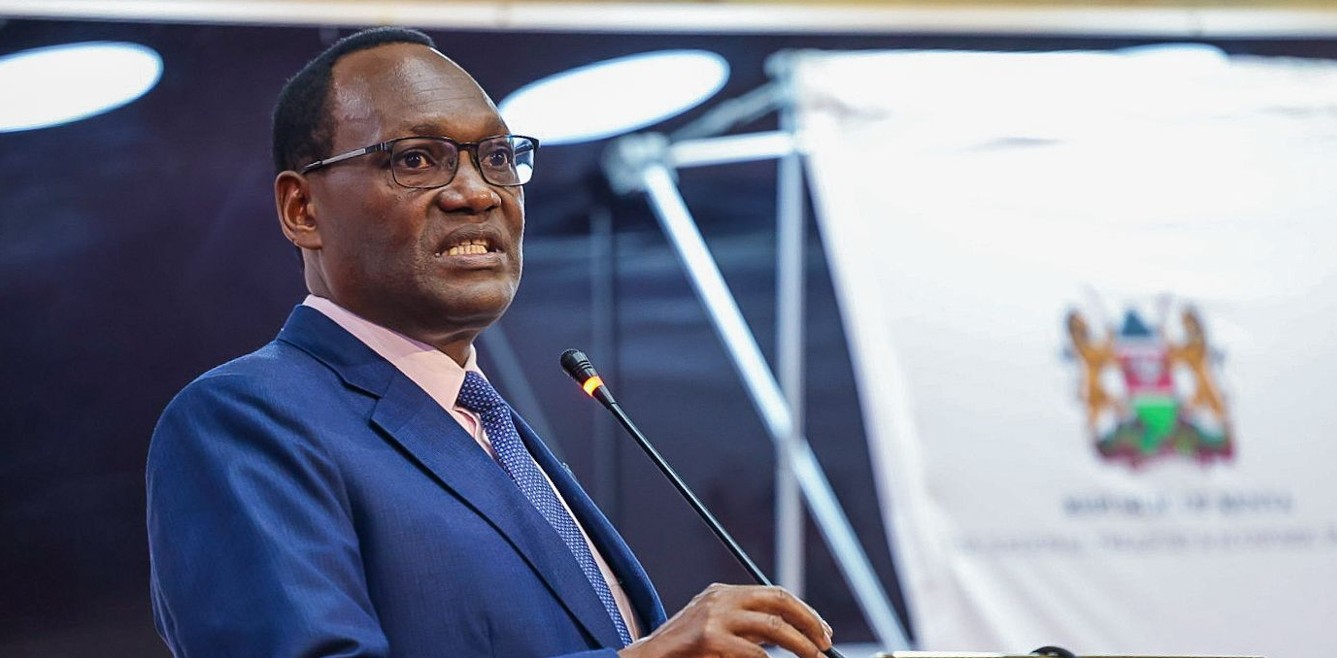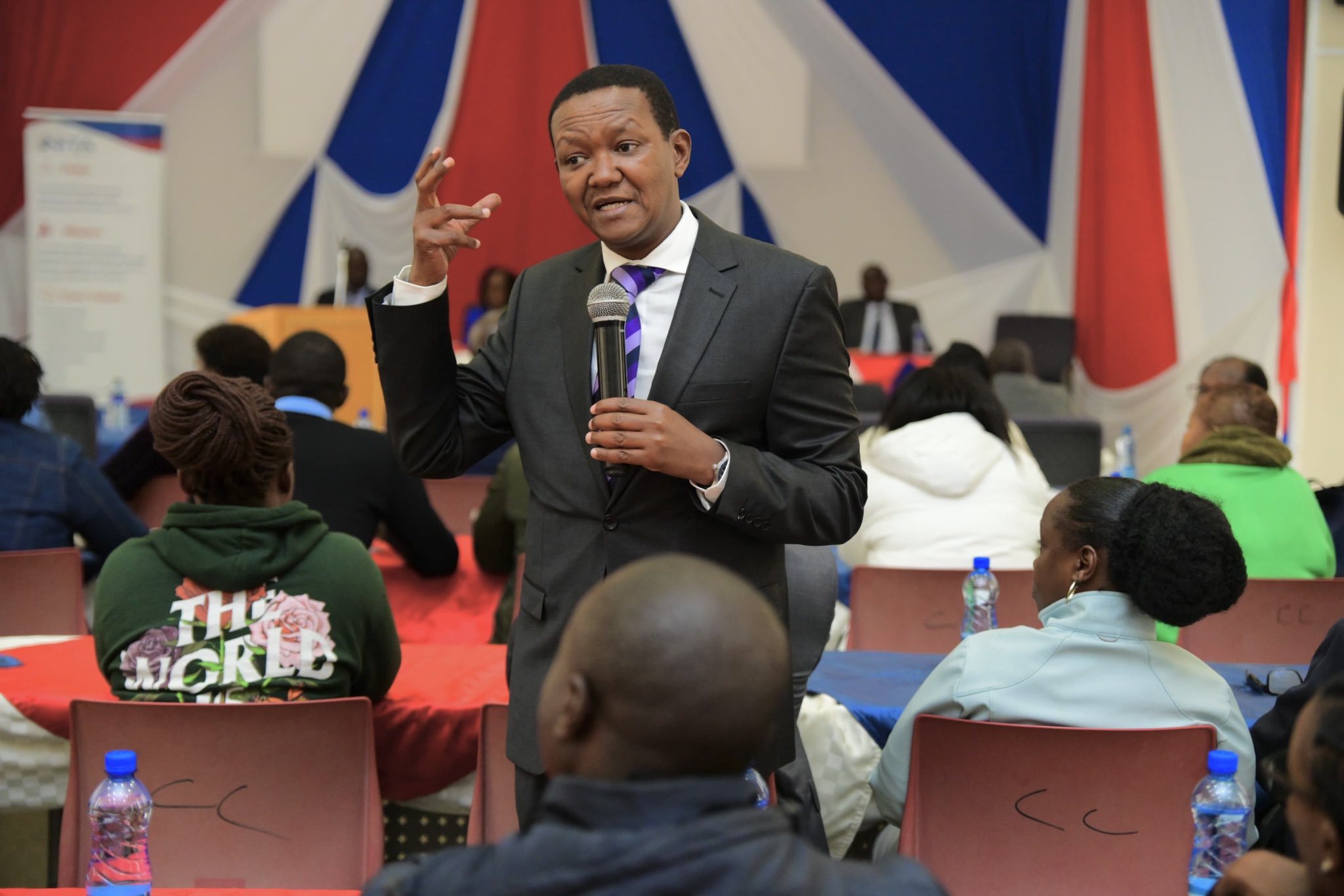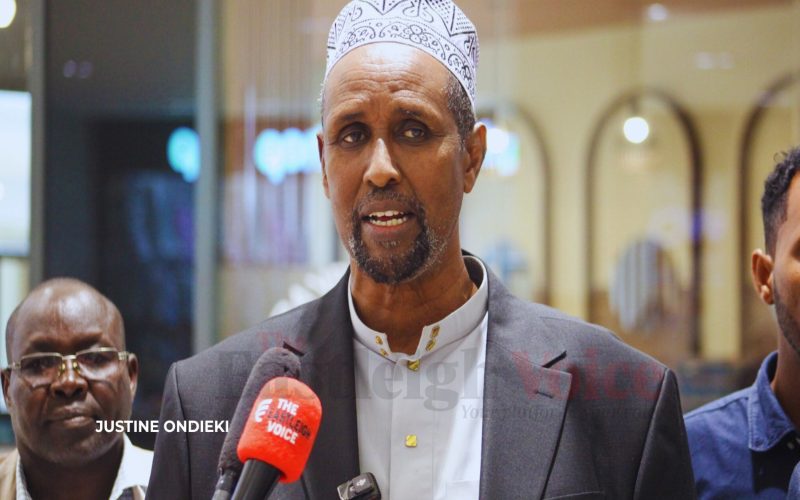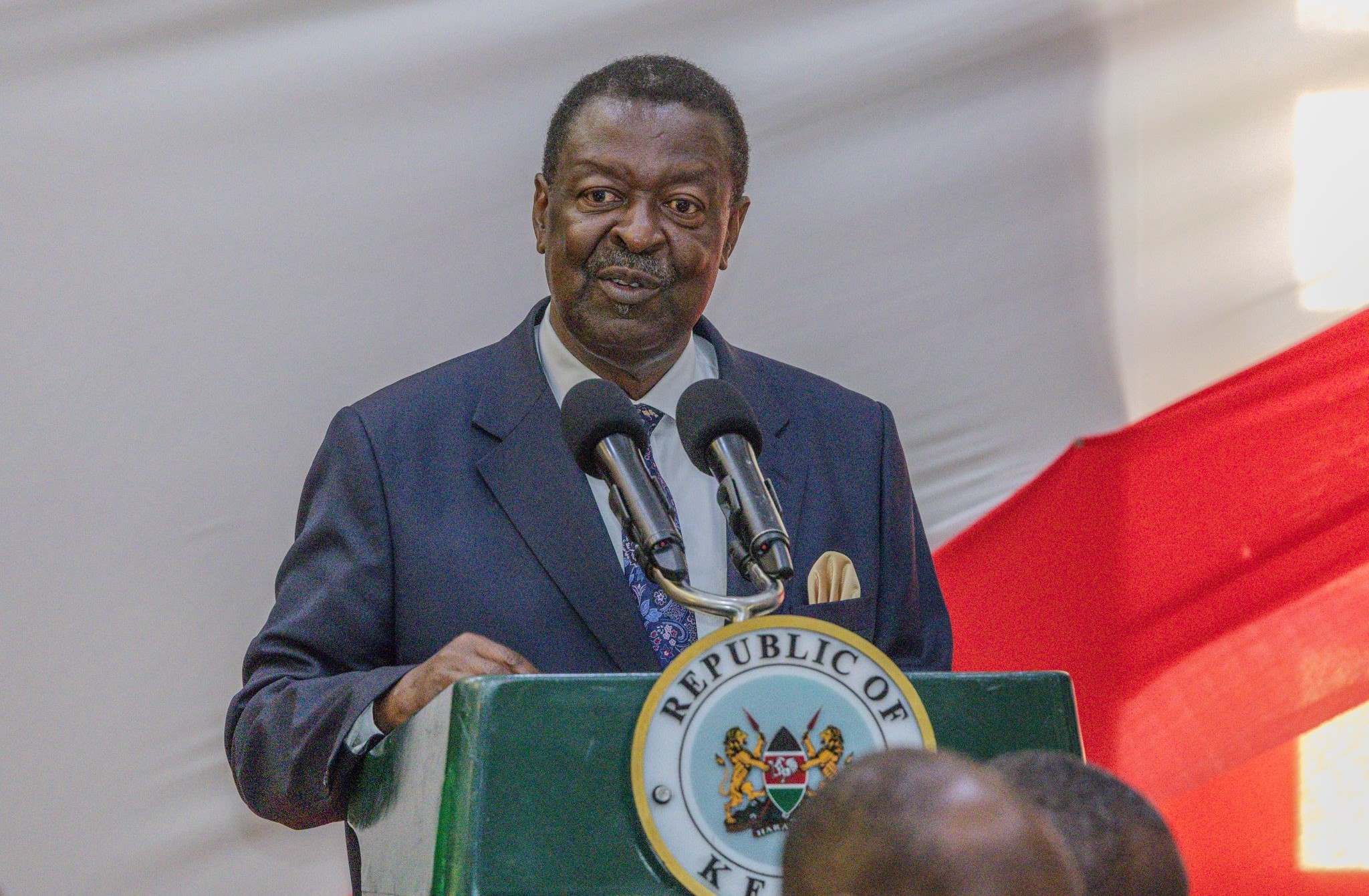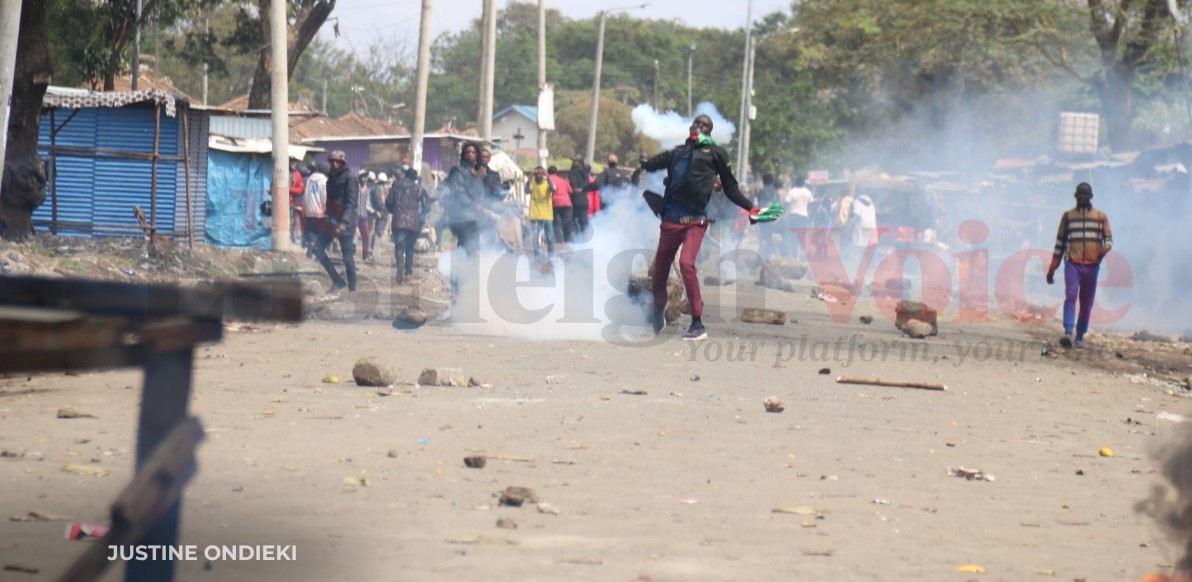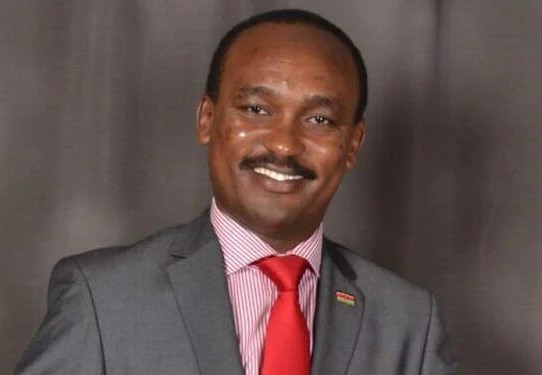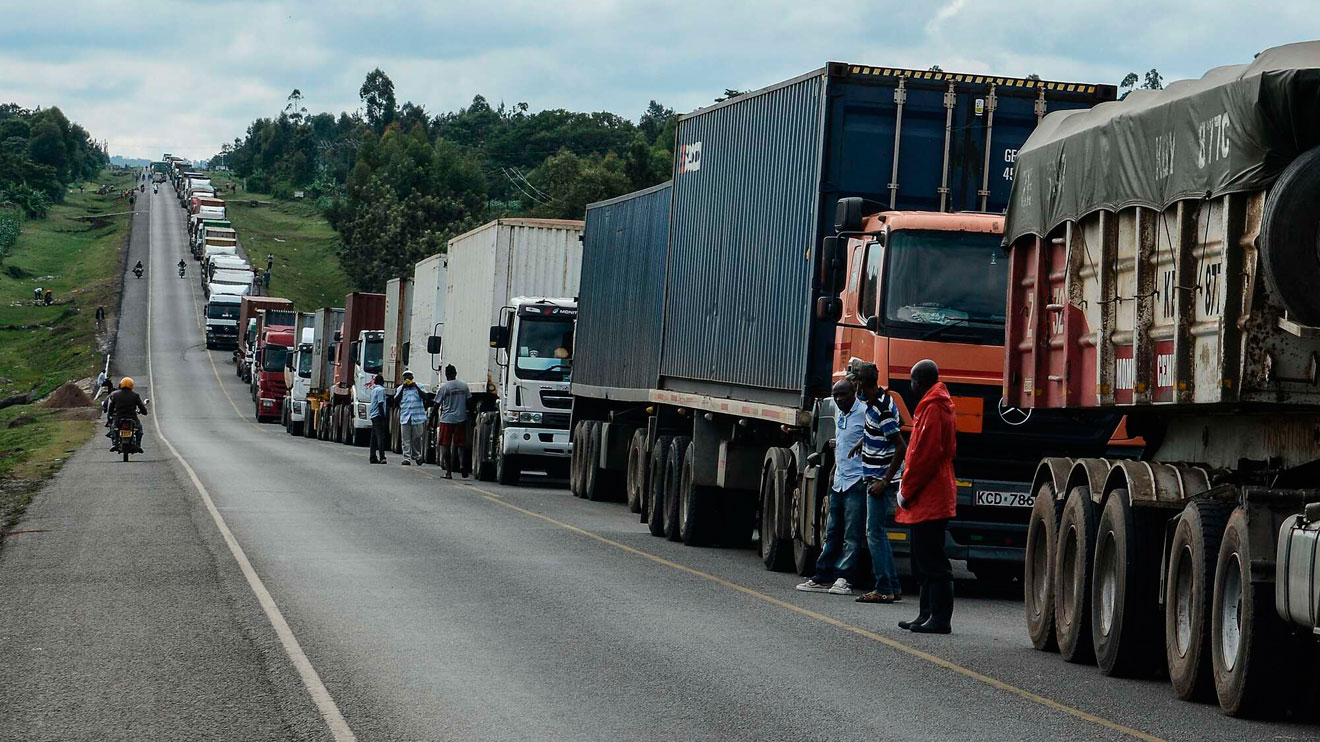Kenyan police arrive in Haiti to quell surge in gang violence
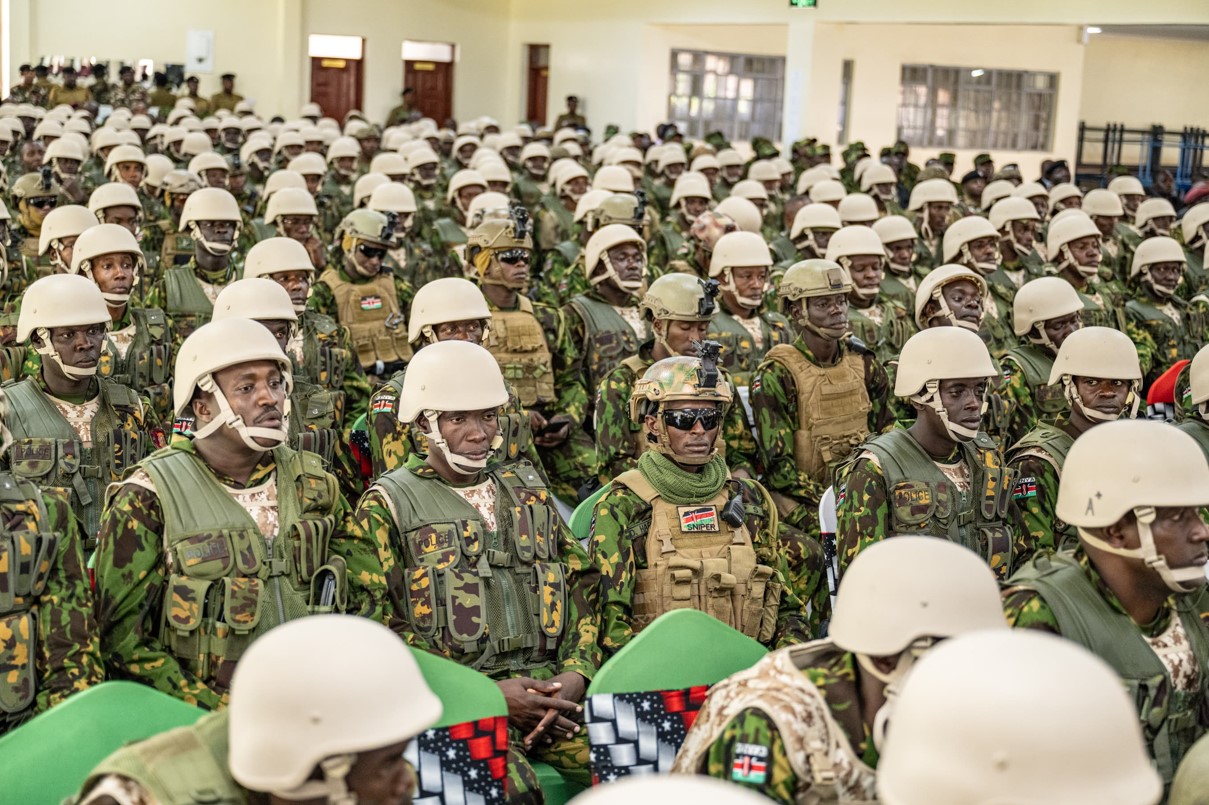
The arrival of the Kenyan police marks a crucial step in addressing the crisis, but long-term solutions will require a comprehensive approach that addresses the root causes of gang violence in Haiti.
A contingent of Kenyan police officers has arrived in Haiti, marking the first wave of a UN-backed foreign police force aimed at addressing the country's escalating gang violence. The deployment comes nearly two years after Haiti requested international assistance to combat the growing crisis.
"We welcome the arrival of the Kenyan police officers," said a spokesperson for the United Nations Integrated Office in Haiti. "This is a crucial step in the fight to restore security in the Haitian capital and its surroundings and protect the rights of Haitians."
More To Read
- Haiti, Panama and Curaçao seal historic World Cup spots
- Violence is a normal part of life for many young children: Study traces the mental health impacts
- Kenya’s criminal gangs trace back to independence era, NCIC says
- ‘Kenya can’t do it alone’: US urges more nations to join Haiti’s Gang Suppression Force
- Millions of lives at risk, warn UN food agencies, as hunger crisis worsens
- Stakes rise for South Sudan: What’s happening, and why it matters
The Kenyan officers will face significant challenges, as gangs control an estimated 80 per cent of the capital and have left thousands dead and over 580,000 people homeless. The deployment has been met with mixed reactions, with some Haitians expressing cautious optimism while others recall the controversial UN peacekeeping mission from 2004 to 2017, which was marred by allegations of sexual assault and the introduction of cholera.
Critics argue that the delayed deployment of the foreign force has allowed gang violence to escalate, with coordinated attacks in February targeting key government infrastructure and resulting in the resignation of Prime Minister Ariel Henry.
Despite the new transitional presidential council and the appointment of a new prime minister, gang violence persists. Experts emphasise that addressing socioeconomic factors and reforming the understaffed and under-resourced police department are crucial to tackling the crisis.
The use of Kenyan police has raised concerns among human rights watchdogs, given allegations of abuses, including extrajudicial killings. The UN-administered fund for the mission has received limited contributions, with a significant shortfall in funding.
The UN Security Council has acknowledged the dire security situation, with over 2,500 people killed or injured in the first quarter of this year, and an estimated 1.6 million Haitians facing starvation.
The arrival of the Kenyan police marks a crucial step in addressing the crisis, but long-term solutions will require a comprehensive approach that addresses the root causes of gang violence in Haiti.
Top Stories Today
